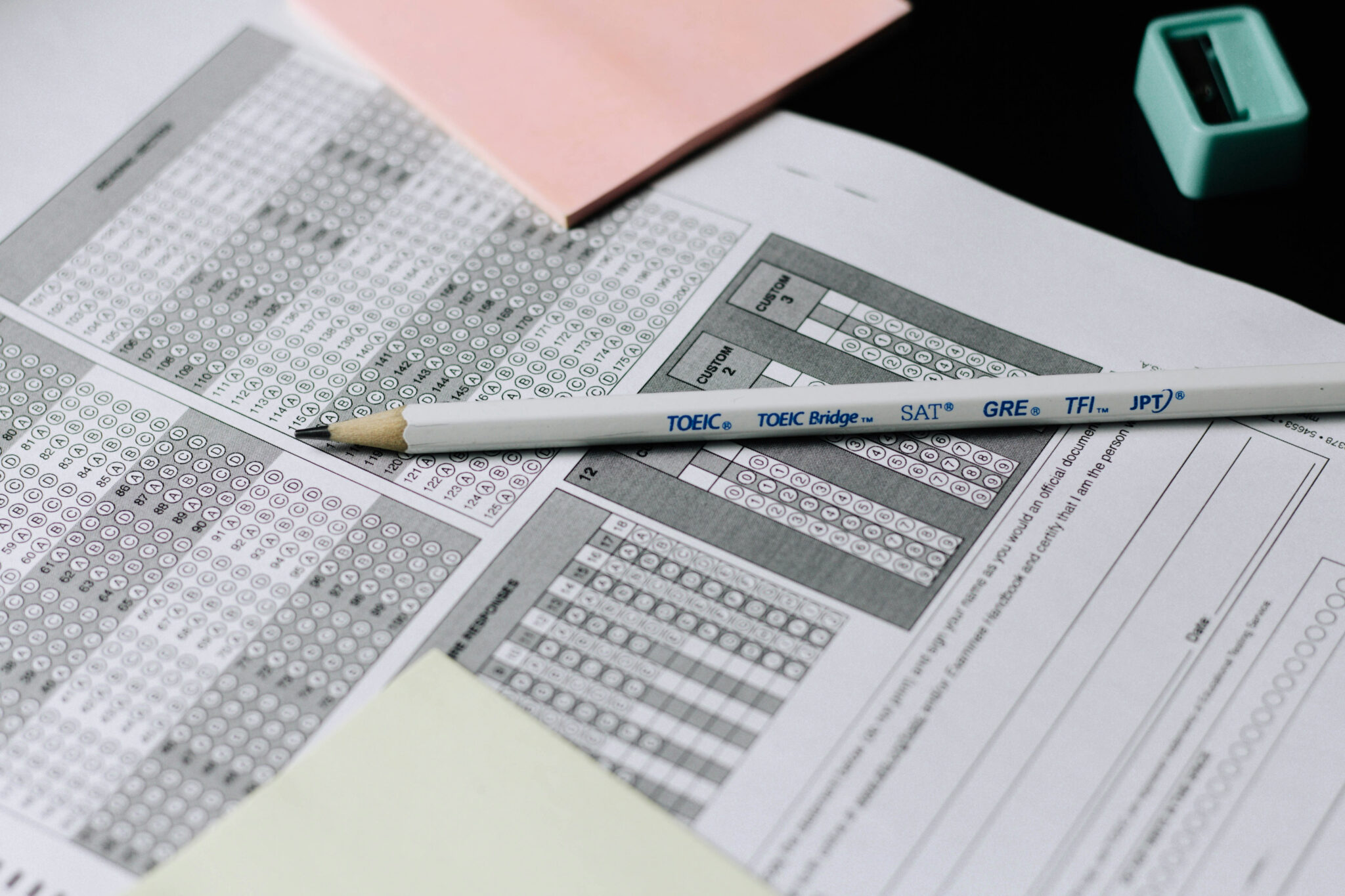Summary
The story is about Dartmouth College decision to reinstate the SAT/ACT as a requirement in their admission process. Jill Filipovic the author of the article: "The lose-lose decision on the SAT" (from the left) expressed her concerns about the possibilities of getting rid of the test altogether. She argued that underprivileged students lack the resources to prepare for the SAT/ACT. Jill stated, “There is no question that students who are White, Asian or from wealthy families generally score higher on the SAT than those who are Black, Hispanic or poor. For that reason, many progressives, myself included, have historically looked at the SAT with deep skepticism, seeing the test as a tool for reinforcing inequality.” (There’s a possible belief bias here) She’s concerned that bringing the standardized tests back will do more harm than good, almost like a lose-lose situation. There’s a lot of subjective language rather than objective. I believe the language she used was mainly chosen to evoke negative emotions. There weren’t any facts or evidence provided to support her opinion.
The article from the center was neutral, with a different approach, starting with the headline (Dartmouth Reinstates The SAT, Striking A Blow For Fairness And Merit), to the language used. Frederick Hess the author, expressed his concerns about how difficult it might be for some students to get into Dartmouth once the SAT/ACT tests are reinstated. He argued that the test provides colleges an objective representation of college readiness. Hess stated “The SAT and ACT were created to democratize higher education. They still play that role today. Testing helps to level the playing field and ensure that all students, whatever their family connections and wherever they attended high school, have a chance to demonstrate their aptitude and college readiness.” He also provided another perspective from a teacher at Dartmouth, Professor Bruce Sacerdote. (A possible confirmation bias) Bruce believes that it’s important to have those tests because they provide the schools applications from students all around the world. He believes that the test allows the schools to find smart students, and not having the test will cause schools to miss out on great applicants.
The point of view from the right was more analytical. The author examined the facts and results from the school research/analysis. They even added a chart comparing GPA and SAT scores. This article contained more facts than the other two and used more evaluative language. The right used leading language to favor merit over equity.
"Of course, we should constantly be looking to modernize our institutions, and the SAT and ACT should certainly not be immune to scrutiny. But overthrowing a major component of the admissions process in the absence of evidence — often at the behest of activists — is no solution.
As other colleges trudge forth with test-optional policies in the name of equity, Dartmouth, to its credit, used its resources and scientific inquiry in pursuit of truth.
It’s a victory for merit over equity — now it’s time for the rest of academia to do the same."
Conversation 3 Bias

One thought on “Bianca Claircidor”
Hi Bianca I agree with you on how the left side of SAT/ACT the word choices the author used provokes a negative feeling that SAT/ ACT are bad I can agree that it is a belief bias because even the author is putting her own opinion on the subject matter like she’s really drilling into the readers head that the test only there to enforce inequality